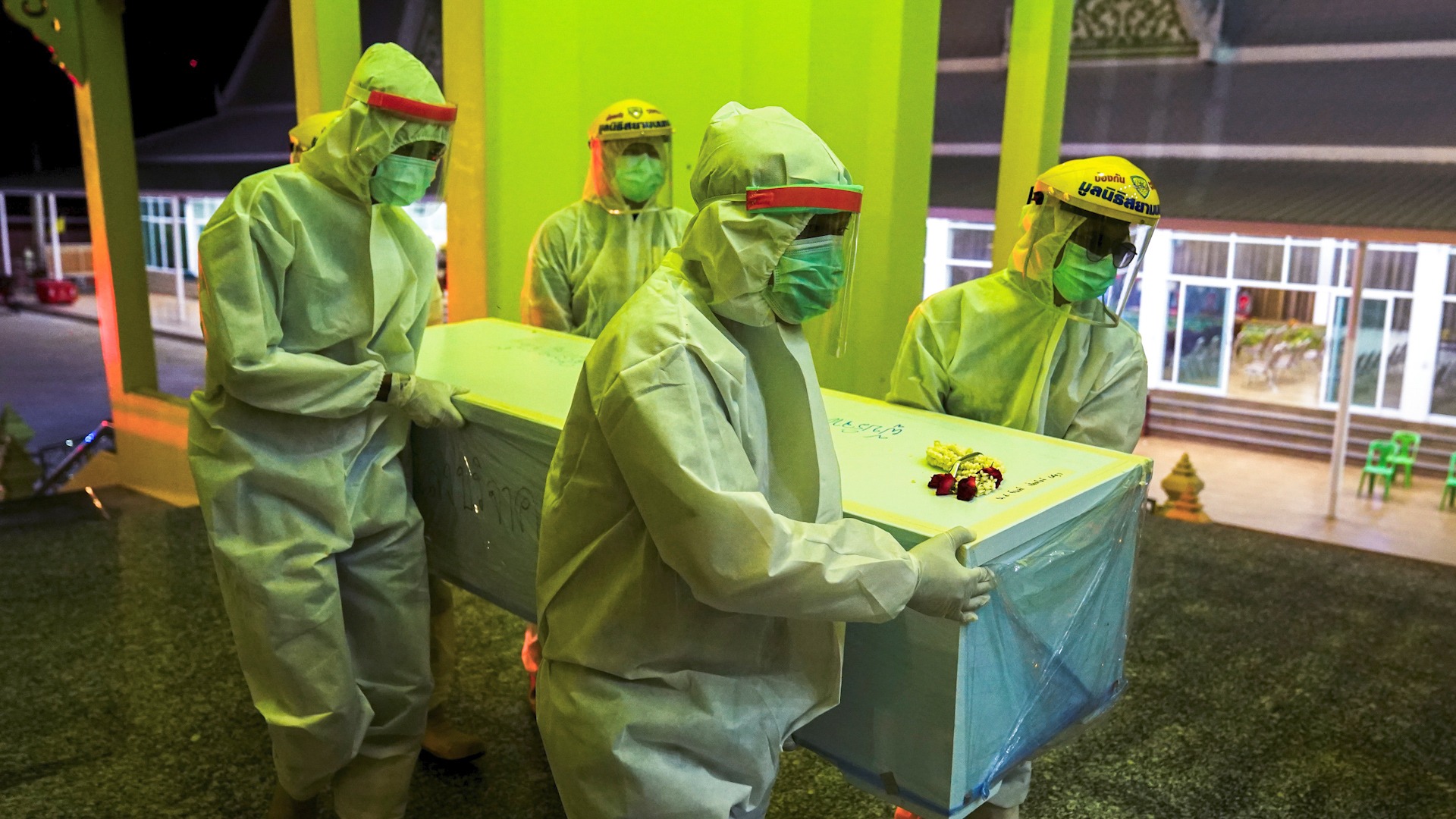02:29

The devastation caused by the coronavirus pandemic could not only have been avoided, but was exacerbated by a "toxic cocktail" of poor coordination, a lack of preparedness and protectionism, according to the first comprehensive report on the global response to the pandemic.
While no country was solely to blame, the Independent Panel for Pandemic Preparedness and Response (IPPPR) highlighted a series of failures that led to the loss of 3.3 million lives so far, trillions of dollars cut from global economies and the exploitation of the world's most vulnerable groups.
"This is an ongoing disaster that we believe could have been prevented," said Ellen Johnson Sirleaf, former president of Liberia and IPPPR Co-chair. "The evidence shows that an outbreak became a pandemic because of failures, gaps and delays in preparedness and response."
READ MORE:
A cure for range anxiety?
EU and India to restart trade talks
The top stories from China
While the panel hailed clinicians in Wuhan for quickly recognizing a cluster of patients with a potentially new virus, they lambasted the "hoarding of information" and the cumbersome nature of global systems designed to respond to health emergencies.
The system for disease surveillance and alert was likened to an "analog system operating in the digital age."
The independent review, which was requested by the World Health Organization (WHO), did not spare the global health regulator.
The panel said it took too long to declare COVID-19 a public health emergency of international concern, which it did on January 30, 2020.
But the month of February was "wasted," said Sirleaf, as many countries, not believing the virus would affect them, took a "wait-and-see approach," leading to overwhelmed healthcare systems and a scramble to secure protective equipment and medicines.
"Too many countries, including some of the wealthiest, devalued the emerging science, denied the disease's severity, delayed responding and ended up selling distrust among citizens with literally deadly consequences," said Helen Clark, the former prime minister of New Zealand and IPPPR Co-chair.
More than 3.3 million lives have been lost to COVID-19 so far, but with massive outbreaks in many parts of the world including India and Brazil, that number is expected to climb.
Patent waivers
To prevent history repeating itself, the panel laid out a list of recommendations. To bring the current pandemic to heel, the panel urged rich-nations to donate 1 billion doses to COVAX countries that are struggling to get their hands on vaccines. While many have pledged monetary support, very few have actually sent vaccines.
The panel also called on vaccine makers to voluntarily license and transfer production know-how. If that doesn't happen in the next three months, the group said the waivers should be triggered at the WHO.
In the longer term, the panel recommended the WHO be given more power to swiftly investigate emerging outbreaks, something that may be controversial for some countries. It also called for the creation of a new financing facility with a budget of up to $10bn a year to fund preparedness.
"This should never happen again. This must be the last pandemic to cause destruction on the scale we are witnessing today," said Sirleaf.

